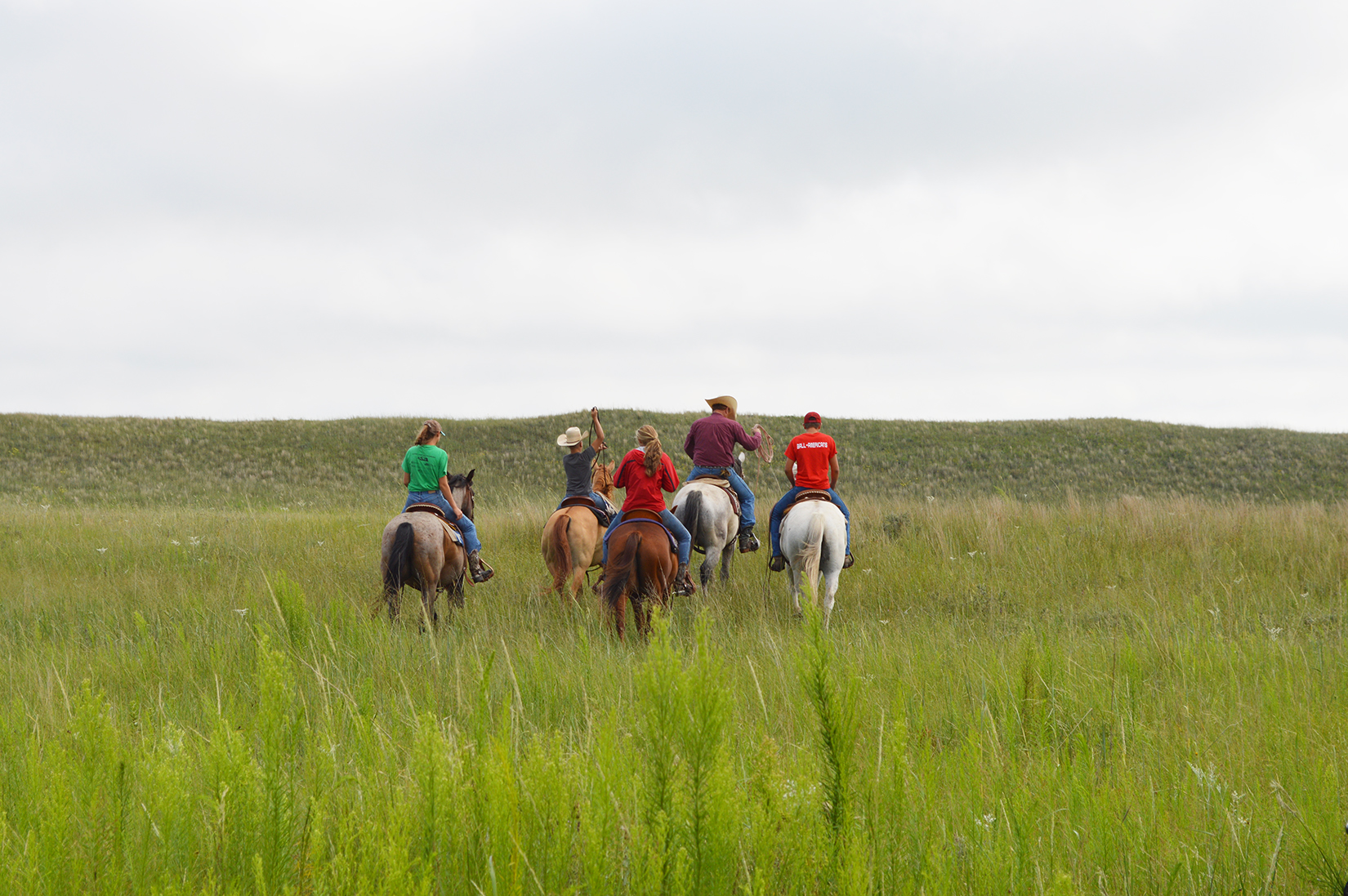![]()
By Jessica Groskopf, Nebraska Extension Agricultural Economist

Economists are taught to assume that humans are rational and make decisions accordingly. Working with farm and ranch families to make decisions over the last twelve years has taught me that this assumption is rarely true. People and the circumstances they face are very complex. This has led me down a rabbit hole of both formal and informal study around personal finance and human behavior.
I recently picked up Morgan Housel’s book “The Psychology of Money.” The book largely focuses on investors with a traditional 9-5 job. However, many of his points relate well to farming and ranching. Here are three of Housel’s points that stuck out to me.
Challenging our view of wealth. You might catch yourself sizing up someone’s financial standing by the things they own. But Housel wisely says, “Wealth is hidden. It is income not spent (p. 99).” He relates this to people who drive Lamborghini’s, noting that driving one may just be a function of cash flow rather than true wealth. Like our “in-town” counterparts, we may measure the relative success of our peers by their visible assets, but we have no way of knowing their true wealth. The information that we don’t see is their liquid assets (cash, account balances, grain in the bin, other investments, etc.) and, more importantly, their debt.
What are you saving for? Housel takes an interesting perspective on the topic of saving. He encourages readers to save not for a specific goal but to protect themselves from the unknown. “Saving is a hedge against life’s inevitable ability to surprise the hell out of you at the worst possible moment (p. 107).” According to the Federal Reserve, in 2023 only 63 percent of adults said they could cover a hypothetical $400 emergency expense with cash. Being asset-rich and cash-poor may be putting your farm or ranch at risk for failure. Everyone should have a 3 to 6 month emergency fund.
What makes us happy? Housel states, “If there is a common denominator in happiness … it is that people want to control their lives (p. 83).” Housel goes on to state that having enough wealth allows people to have autonomy. I find this sentiment to also be true for farmers and ranchers. If they have enough wealth, they don’t have to sell grain or calves during a down market to make the mortgage payment. Having a cushion allows them more freedom to make the best decision for their business. The second place I see this is when bringing the next generation into the operation. When there are two or more generations in business together, there is often an issue of control. Usually, the older generation does not want to give up the decision-making power and wonders why the younger generation is not happy. It takes a unique balance to allow both generations to have control over their own lives.
The “Psychology of Money” offers more than financial advice; it provides a philosophical framework for navigating the complexities of personal finance. As I continue to work alongside farm and ranch families, I will carry forward Housel’s lessons, advocating for a holistic approach to financial management—one that prioritizes stability, preparedness, and the pursuit of happiness through autonomy. These ideas are crucial as we navigate the complexities of sustaining multi-generational farms and ranches.
